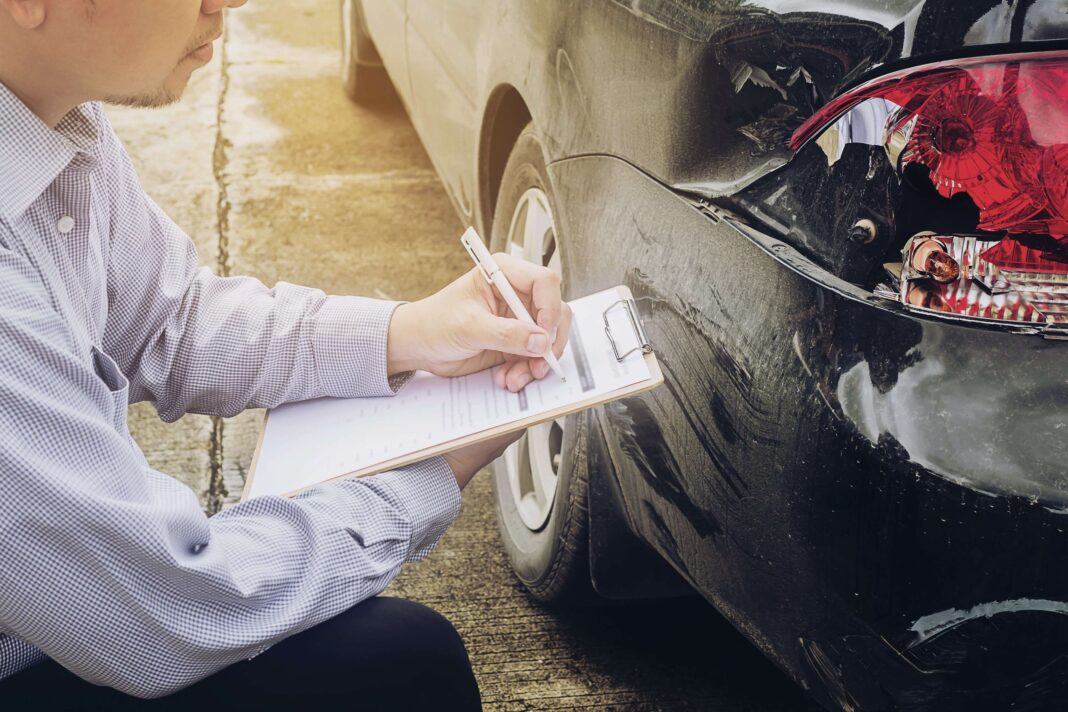
Car insurance, indeed, is the one we worry about most; especially when choosing from the multitude of options and understanding the technical terms that we are not familiar with. Two crucial types of coverage that should be comprehended by all drivers, i.e., Comprehensive and Collision Coverage. The knowledge of the differences between these two so that you may rightly select an insurance policy is the one that makes you an informed decision maker. Let’s try to explain it.
What is Collision Coverage ?
Collision coverage is supposed to be used for taking care of your car in case of a crash with another car or an object. You never know if the blame for any damages lies with you or someone else, the collision coverage assists in the payment of the car’s repair costs or the purchase of a new vehicle after the accident. The following are a few highlighted points that you should keep in mind:
Accident-Related Repairs : When you hit things like other cars, a tree, a fence, or even a guardrail, the collision coverage kicks in.
Deductibles : Many of the collision policies include a deductible which is the amount of money you pay first, before the insurance company kicks in the remaining cost. For instance, let’s say that your car has to be repaired and the estimate is $3,000. If you have a $500 deductible, you will pay $500, and your insurance will cover the remaining $2,500 to repair.
Not Based on Fault : This coverage applies regardless of the person who is responsible to cause the accident.
What is Comprehensive Coverage ?
Comprehensive coverage, on the other hand, provides a wider scope, ensuring your car from damages that are not collision-related. This may be involved in many different scenarios that can potentially cause damage to your vehicle. For example, Comprehensive coverage insurance may be used for:
Theft: The comprehensive coverage might be able to partially or completely reimburse the theft of your car which is still valuable to you.
Vandalism : usually, the insurance industry covers damage that’s come up due to vandalism.
Natural Disasters : Elements like hail, floods, or hurricanes are factors that can destroy your car and therefore fit under comprehensive coverage.
Animal Encounters : You could be offered comprehensive insurance if the damage was done by a deer or animal to help you pay the bills.
Comprehensive coverage shares some similarities with collision coverage, such as the deductible.
Do You Need One or Both ?
Deciding the need for the collision, the comprehensive coverage, or both depends on what falls under your personal situation –
Age and Value of Your Vehicle : You could go for liability insurance if you are driving a car which is running long. The very same car if it has a significant drop in its market price, can you get liability insurance to enjoy premiums. Otherwise, if your car is new or of high value, both coverage plans might be worth it.
Driving Habits and Environment : The area where you drive often and how you drive really matters. If you are in a location with high traffic or where the chance of a car being stolen is high, you ought to have a collision coverage. If you usually park in areas which are likely to be prone to vandalism and natural disasters, the best thing is to get a comprehensive coverage.
Loan or Lease Requirements : Several finance companies stipulate that both
collision and comprehensive coverage are required for financing or leasing a vehicle.
In Conclusion :
The important step for your coverage is distinguishing the differences between comprehensive and collision. The age and value of your car, your driving patterns, and your financial conditions are what you should think about when making the decision. Also, be aware that even though these choices might increase your monthly pledge, they can also provide safety features against the risks that might need otherwise costly repairs/losses.
When a problem arises, it is likely not a good time to discuss the payment for the problem. But it is a bit better if you already know that affordable insurance will cover the expenses. Doing nothing in that kind of situation is better than going after different companies and insurance.
Safe driving!


